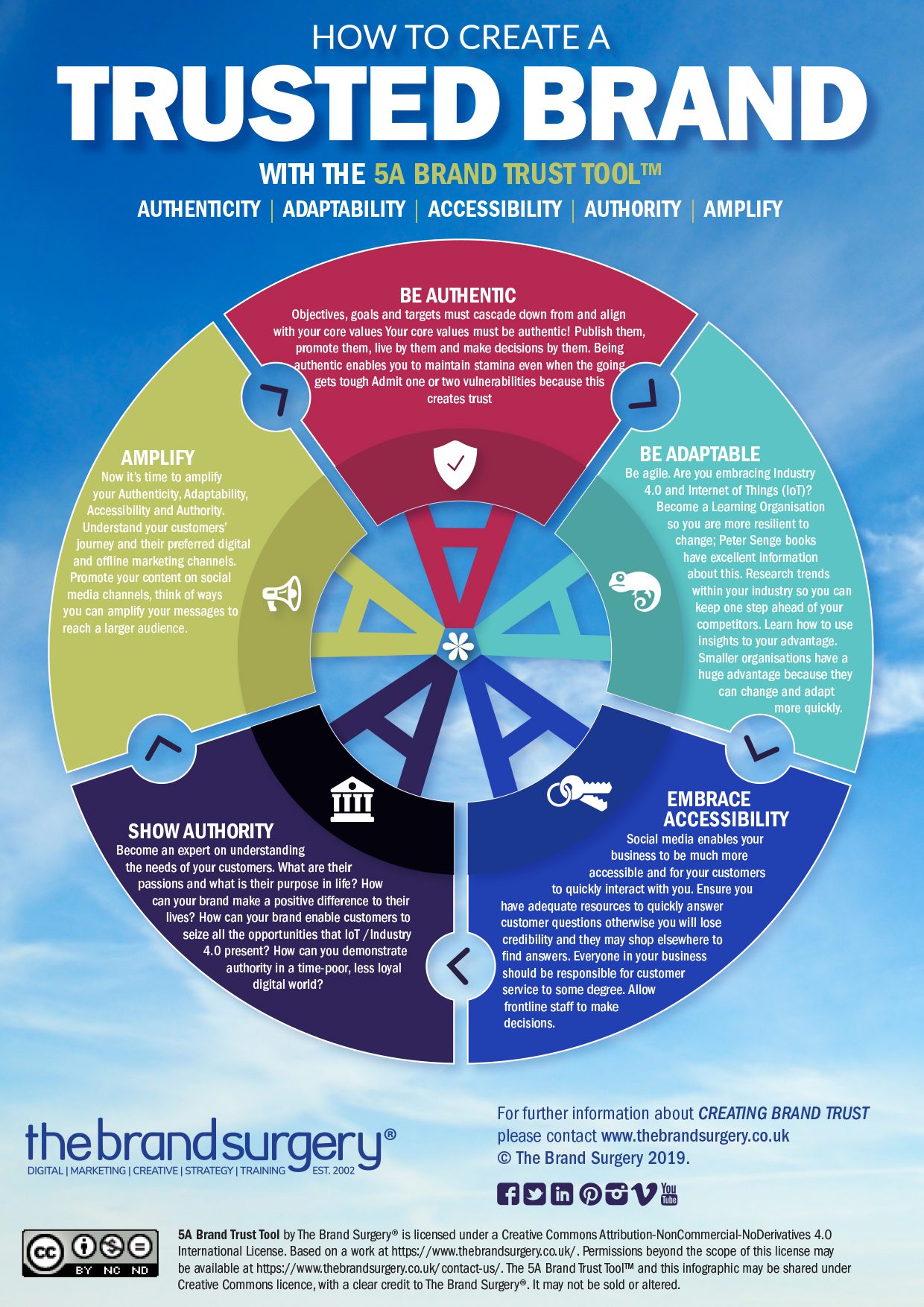How much do they trust your brand? | What are you doing to earn that trust ?
According to the Edelman Trust Survey, the least trusted of all the markets is media which includes social media platforms. Having said that, trust in UK’s Government, Media, Business and Social Causes have increased by 4% since 2012, however, this figure has decreased by 1% since 2017.Â
64% of survey respondents expect business CEOs to take the lead on societal change rather than expecting Government to impose it. Wouldn’t it be amazing if the one-use plastic manufacturers pledged to stop manufacturing such packaging rather than waiting years for the Government to develop a 25 year Environmental Plan.
How can social media increase brand trust?
If we expect people to feel safe and buy into our brands, brands must evoke a feeling of trust. Digital marketing platforms can help us to promote trust, but trust building strategies are essential because otherwise social media will simply amplify mistrust.
Here are two social media trust building formulas that we have seen published:
- Trust = Influence + Reputation(Chris Brogan and Julien Smith, ‘Trust Agents’)
- Trust = Authority x Helpfulness x Intimacy / Self-Promotion(Steve Rayson, director of BuzzSumo)
I have taken these formulas one step further and created the 4A Brand Trust Marketing Model:
(Authenticity + Agile Adaptor + Authority) x Amplification = Brand Trust
(4A Brand Trust Marketing Model created by Vicky Vaughan, The Brand Surgery®)
Some of the other models divide the good work by Self-Promotion, however, the 4A model naturally reduces temptation to self promote because it promotes authenticity.
Authenticity
Authenticity is essential to maintain stamina and consistent behaviour even when the going gets tough. Having researched Transactional Analysis, it is apparent that inconsistent behaviour leads to mistrust. I have included Authenticity into this brand trust formula because leaders who create trust are authentic, transparent and honest. Authentic brand leaders tap into their souls and admit their weaknesses before expecting others to trust them. They easily walk the talk because they only make promises which align with their values and purpose, therefore, delivering on brand promise comes naturally which creates trust. Promoting and living by your values online creates transparency and also manages expectations; the writing is on the tin, for everyone to see, which again creates trust. If your tone of voice, communications, brand attributes align with your values, this will also create a consistent message and people will feel safe on your website, want to do business with you and become your brand ambassadors.
Authority
. The Edelman Trust Index survey 2018 reveals that if you are a technical expert, academic expert, financial industry analyst, social cause organisation, board of directors, journalist or government regulator, you have gained credibility and people are more likely to trust you. What this means is that the quality of the content you produce, will gain trust or invite mistrust – depending on how authoritative it is. It is recommended that marketers enrol on a CPD programme in their chosen field to keep up with the latest industry research and insights on a regular basis.
Agile adaptor
A trusted personal or business brand must be agile Learning Organisation. If not, they will be less resilient to change and let it’s customers down, breaking their trust. A brand can use digital technology for research. It must learn how to gain insights from big data. It must be ready for Internet of Things (IoT) and Industry 4.0. Only when leaders are ready and agile will they continue to offer customer value. Once achieved, the message that is amplified via social media will be relevant, personalised and even intimate.
<?php if(current_user_can(‘mepr-active’,’rules:334312′)): ?>
Accessibility
Social media enables your business to be much more accessible and for your customers to quickly interact with you. Ensure you have adequate resources to quickly answer customer questions otherwise you will lose credibility and they may shop elsewhere to find answers. Everyone in your business should be responsible for customer service to some degree. Allow frontline staff to make decisions.
Amplify
Once a brand is authentic, has authority and is agile, it can amplify all of the above and it’s intent and purpose (Corporate Social Responsibility) and become / remain trusted. Maybe, Iit can begin to make societal change as consumers now expect businesses to. As the media is currently the least trusted institution on a global scale, you must promote authenticity by backing your news up with evidence to avoid being branded as fake news. Digital marketing content must be communicated with purpose. Insights gained will help the brand choose the most suitable channel communications to seize opportunities for trusted communications to make positive change. Brands must also amplify our purpose to benefit more stakeholders than just one greedy shareholder.
If brands follow the above guidance, Government wouldn’t need to step in with laws because we’d all be living and promoting our purpose for the right reasons. I saw a quote the other day which said, if we all lived by our values every day, what would the world look like?
Do you agree that it is up to businesses to make societal change?
- If so, how well is your brand doing at this?
- How well is your industry doing at this?
- What would make it easier for you to do this?
Here’s a few interesting brand trust facts from Edelman Trust Index 2018 …
- In the UK,53% of people trust journalism and 36% trust search engines and social media platforms
- 50% of people globally are disengaged with the news and 66% of us think that news organisations are more interested in increasing their audience than reporting.
- 63% of average people can’t tell the difference between fake news and real news.
- Trust in the UK brand has declines and is only 57% – this may affect overseas trade.
- India (86%) and Indonesia (90%) employees trust their employers the most. 71% of people trust UK employers which is an increase of 14% since 2016.
- 56% of employees believe that companies only think about themselves and their profits and 60% agreed that CEOs think about profits before making a difference in the world.
- The Top 3 priorities that businesses should focus on, according to the public are safeguarding privacy, driving economic prosperity and providing jobs and training.
- Globally, the lowest trust is in Consumer Packaged Goods, Automotive and Food / Beverages.
- Globally, the highest trust is in Technology, Health and Energy although there is a slight drop in the five year trend.
<?php endif; ?>
If you have enjoyed reading this and you would like help in gaining trust in your brand, call us on 01903 898977 or contact us using the form below.

